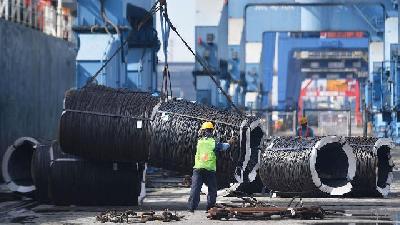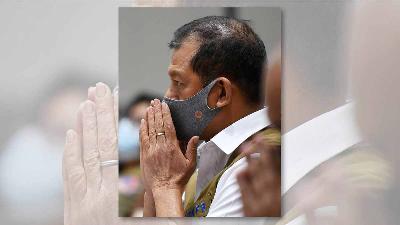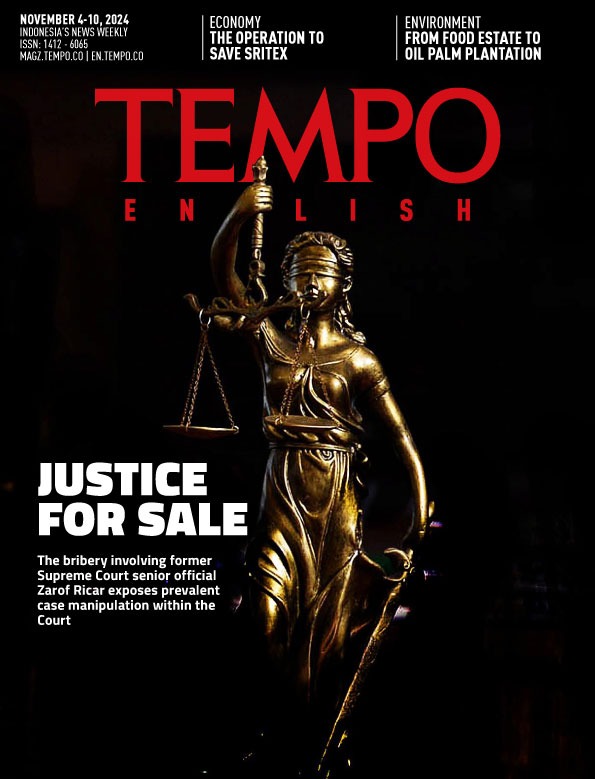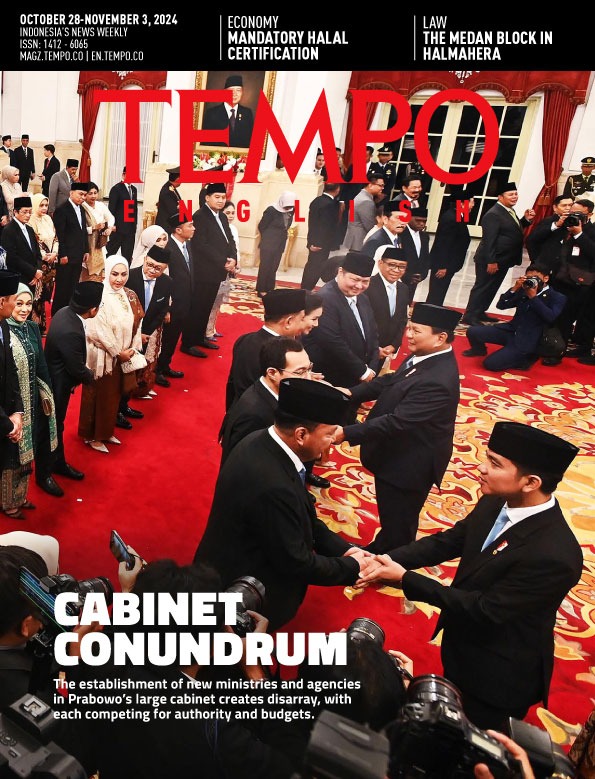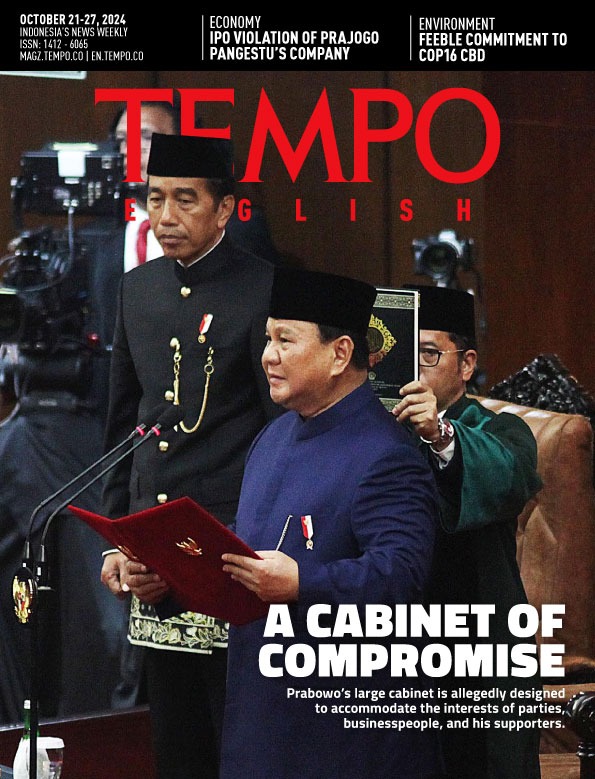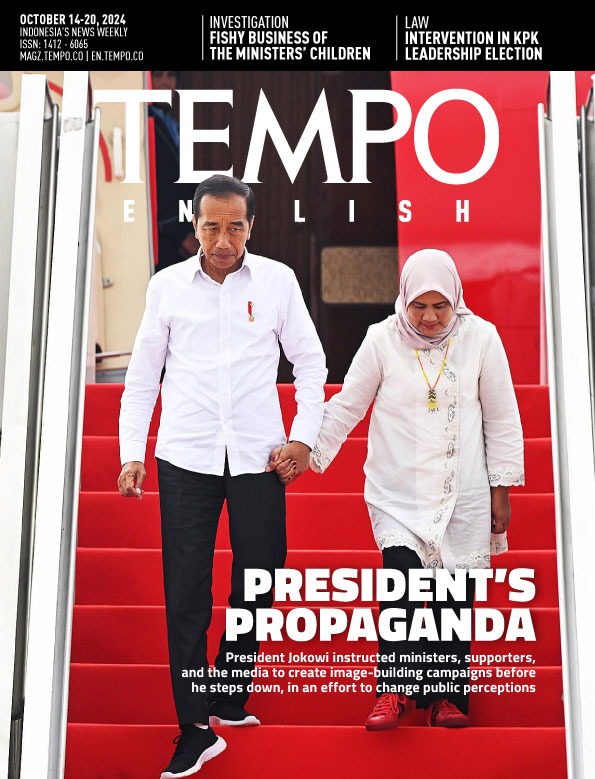Luckily our finances are strong
Monday, March 15, 2021
Chief Executive Officer of Astra International Djony Bunarto Tjondro is leading the company in the middle of the crisis resulting from the Covid-19 pandemic. The large-scale social restrictions from April to May 2020 was a blow to the Astra group automotive industry. Sales of cars and motorbikes fell sharply as a result of the weak market and people's buying power. Astra's business began to revive after the government relaxed the social restrictions from the middle of 2020. Supported by other business units, Astra was able to book a net profit of Rp175.05 trillion for last year, although this was down 26 percent on the previous year. As well as retaining its more established main business lines Djony says that Astra plans to diversify its business as a result of the pandemic. Electric vehicles is sector where preparations are underway.
arsip tempo : 173077629391.

LEADING Astra international, which has been impacted by the Covid-19 pandemic, Djony Bunarto Tjondro has his work cut out. The pandemic caused by the coronavirus has had a direct impact on most of the Astra group’s major business lines. “Naturally the first to be affected was the automotive business,” said Djony, 56, in a special interview with Tempo by video conference on Wednesday, March 10.
According to Djony, April to May 2
...
Subscribe to continue reading.
We craft news with stories.
 For the benefits of subscribing to Digital Tempo, See More
For the benefits of subscribing to Digital Tempo, See More




